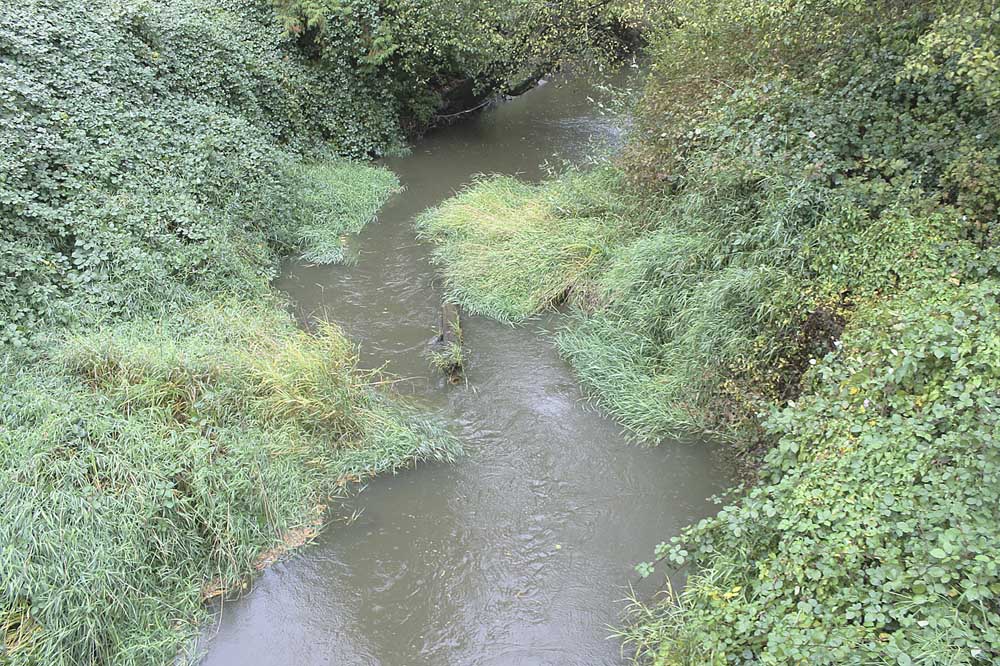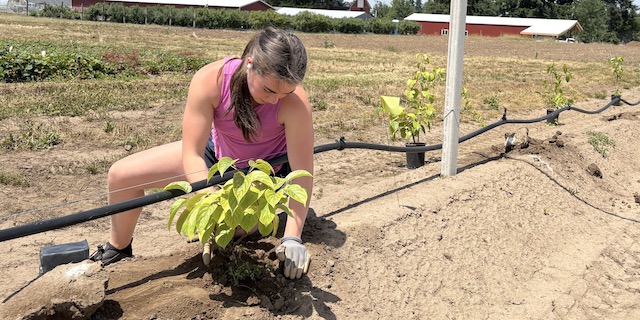Washington plans rule for ‘fine sediment’
Published 4:46 pm Thursday, January 2, 2020

- The Washington Department of Ecology is developing rules governing fine sediment in salmon streams.
The Washington Department of Ecology plans to regulate fine sediment, an undertaking the agency took on to settle an environmental lawsuit that alleged the state’s protection of salmon is lax.
Ecology has agreed to propose a rule by Oct. 18, 2021, that would police the discharge of sediment that smothers salmon eggs. Farmers who follow “best-management practices” to keep material from running into water shouldn’t be affected, an agency spokeswoman said.
Washington Farm Bureau CEO John Stuhlmiller said agriculture eventually gets drawn into stiffened water regulations. “Any tightening of the standards would necessarily affect any industry that tills the soil,” he said.
The fine-sediment rule-writing stems from a federal lawsuit filed by Northwest Environmental Advocates. The Portland-based group claimed the Environmental Protection Agency was too lenient with Ecology’s enforcement of the Clean Water Act and Endangered Species Act.
In settlement talks, Ecology agreed to regulate fine sediment in “impaired” waterways. Ecology will identify those waterways after it adopts the rule, the spokeswoman said.
In exchange, Ecology won’t change how it regulates turbidity, which is measured by how much light shines through water. Ecology tests for turbidity downstream from construction projects. That allows sediment from the construction project to mix with clearer water.
Ecology could set a numeric standard to limit the amount of sediment added to naturally occurring sediment. Ecology also could develop a “narrative criteria,” a statement that describes water-quality goals.
Nina Bell, executive director of Northwest Environmental Advocates, said she expects the statement to be similar to ones the department has adopted for pollutants.
“The goal is to keep fine sediment levels down because they smother salmon redds,” Bell said in an email.
The settlement requires Ecology to adopt a final rule no later than one year after proposing one.
Washington wouldn’t be the first state to identify human-introduced fine sediment as a source of water pollution. Idaho, Alaska, Hawaii and Montana have fine-sediment standards, according to Ecology.






